Introduction
Curating customer-centric rich experiences continues to be a key differentiator for different businesses.
To be truly customer-centric, one must understand the needs and engagement patterns of customers specific to your organization. The customer Database system keeps all historical data consolidated in one place, making it easy to manage customer relationships, and unite your teams around a common singular view of the customer.
It allows you to track and understand current customer behavior, as well as to grow effectively and efficiently. As your business grows, an effective customer database system can give you a tremendous boost toward your goals.
Look no further! In this guide, we will reveal the top 10 benefits of implementing a customer database system for your business. From improved communication to increased sales, this system is a game-changer that will revolutionize the way you do business.
But before that let us understand what exactly is Customer Database System and why is it needed.
What is a Customer Database System?
A Customer Database System is a software application or platform that collects, stores, manages, and organizes customer information. This system typically includes details such as contact information, purchase history, preferences, interactions, and demographic data. It enables businesses to efficiently manage and analyze customer data to improve customer service, tailor marketing efforts, and foster stronger relationships. By centralizing customer information, the system helps companies make informed decisions, streamline processes, and enhance overall customer experience.
Importance of Data Management in Modern Business
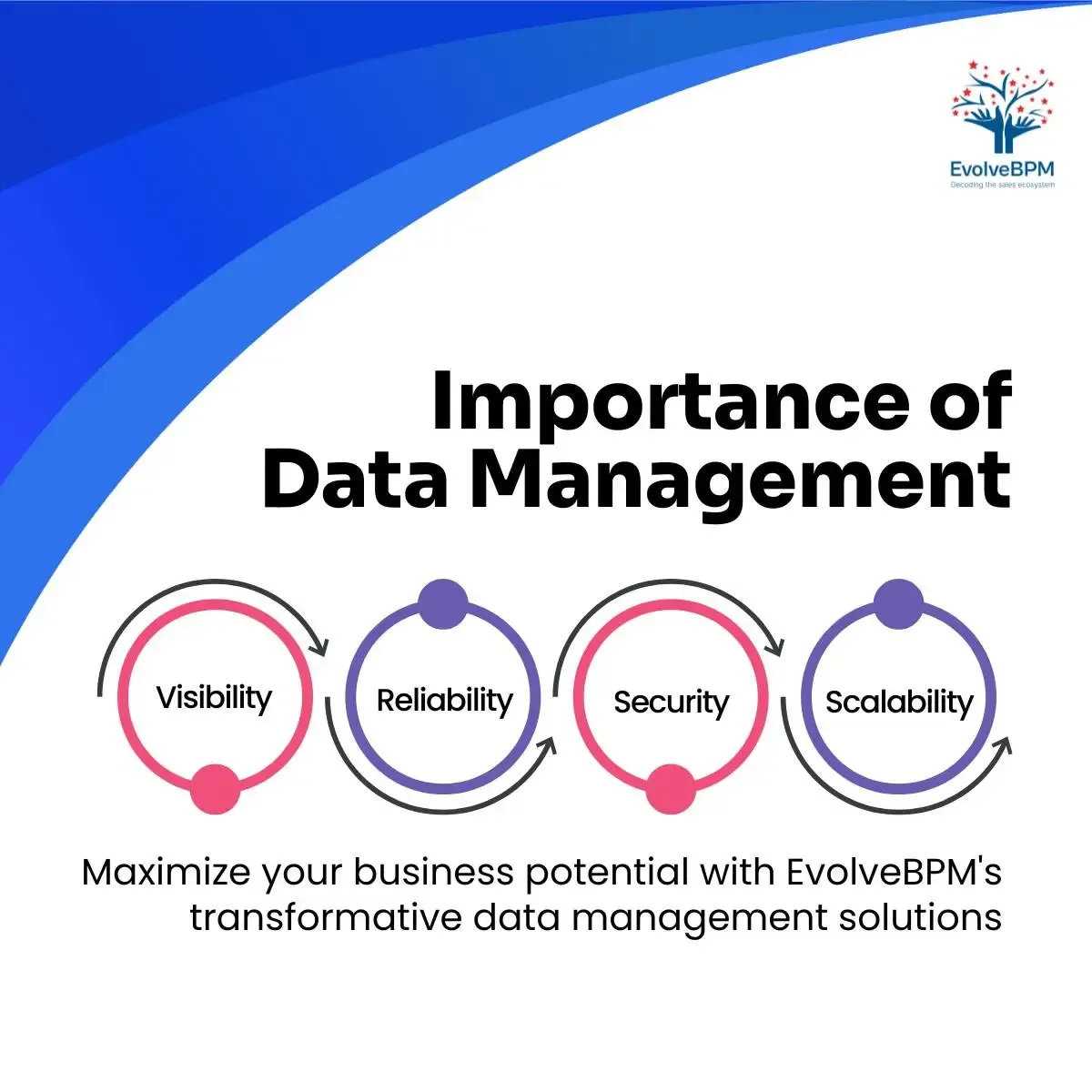
Data is one of the most valuable assets of any business. Proper management of data, especially customer data, can help companies understand their customers' needs and preferences, analyze their buying behavior, and provide excellent personalized service which is becoming increasingly essential. A customer database system allows businesses to collect data on their customers and prospects and organize it in such a way that they can easily retrieve and analyze it.
A customer database system helps companies better understand their customers, and with that understanding, tailor their services, support, and marketing messages to their clients' needs. This, in turn, can lead to increased customer satisfaction, better retention, repeat business, and ultimately higher profits.
However, to derive value from customer data, it needs to be well-organized, accurately processed, and stored securely. This is where a customer database system comes in handy, providing businesses with a central repository for all their customer information.
Challenges of Manual Customer Data Management
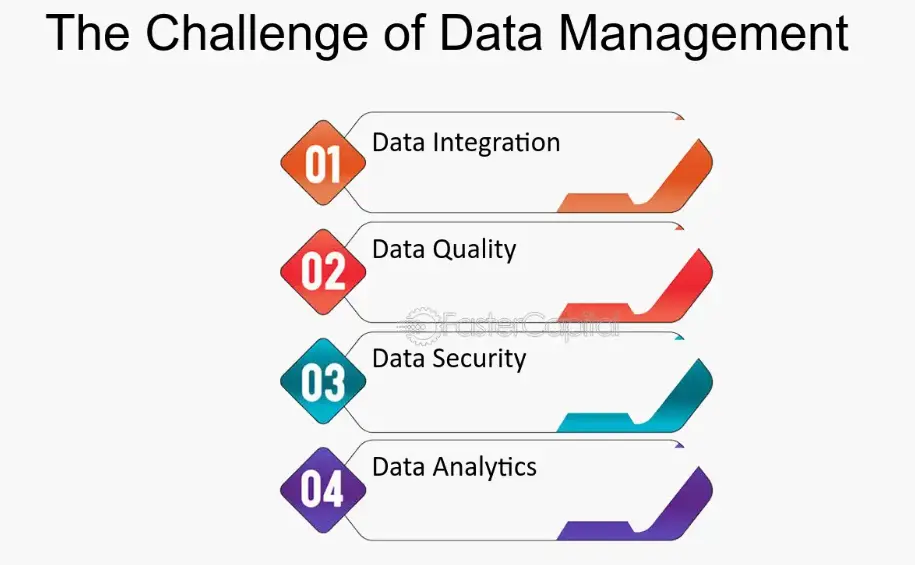
Before the advent of automated systems, most businesses used manual methods to manage their customer data through paper records, folders, and spreadsheets. This process comes with numerous pitfalls that can lead to data inaccuracies, loss, or corruption.
One of the most significant challenges businesses face when manually managing customer data is the likelihood of errors occurring. Data entry mistakes, inaccurate data, miscalculations, and data loss can have a severe impact on a business's operations.
Another challenge is the time and effort required to organize, search, and retrieve data from manual records. Sifting through paper records can be time-consuming and cumbersome, leading to delays and inefficiencies, especially when searching for specific information quickly.
Moreover, manual data management systems are less secure compared to automated systems, making it more susceptible to theft, loss, or damage. The customer database management system provides more security, access control, and backup features hence, reduced risk of data loss.
10 Benefits of Implementing a Customer Database System for Your Business
A customer database system can be a game-changer for businesses seeking to enhance their customer management practices. In this section, we will explore the benefits of a customer database system in-depth.
1. Enhanced Customer Understanding
One of the primary benefits of a customer database system is enhanced customer understanding. By establishing detailed customer profiles and identifying customer segments and preferences, businesses gain valuable insights that can inform their marketing and customer service strategies.
Building Detailed Customer Profiles
A customer database system enables businesses to gather and store a wealth of information on their customers, such as purchase history, demographics, and interactions with the business. This information can be used to create comprehensive customer profiles that offer a complete view of each customer's preferences, needs, and behavior. Armed with this knowledge, businesses can offer personalized marketing, product recommendations, and tailored services that are more likely to resonate with their customers.
Identifying Customer Segments and Preferences
A customer database system can also be used to identify specific customer segments and preferences. Through analyzing customer-business interaction data, business owners can identify patterns that group customers and divide them into segments based on factors such as behavior, demographics, and buying habits. This information can be used to tailor marketing messages and offerings to specific groups, leading to higher response rates and increased sales.
2. Improved Customer Relationship Management (CRM)
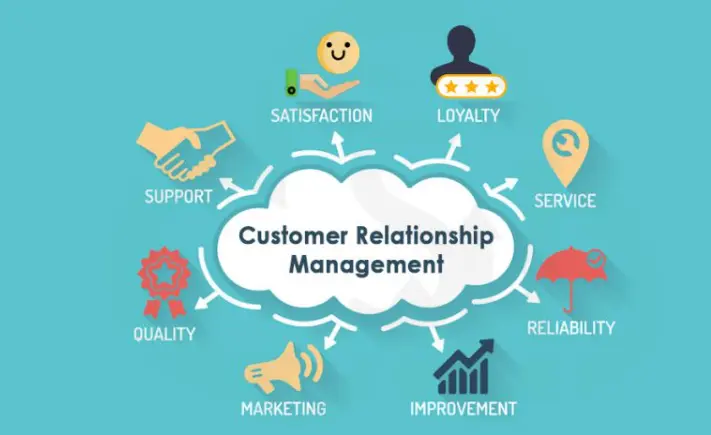
A customer database system can also significantly enhance a business's customer relationship management practices.
Personalized Customer Interactions
With detailed customer profiles and preferences at their fingertips, businesses can deliver highly personalized interactions that foster stronger relationships with their customers forming client databases. By tailoring marketing messages, promotions, and services to each customer's preferences and needs, businesses can create a deeper, more meaningful connection with their customers, leading to increased loyalty and retention.
Efficient Customer Support
A customer database system can also improve a business's customer support operations. By keeping track of customer interactions and support history, businesses can offer more efficient and personalized support, leading to higher levels of customer satisfaction.
Suggested Reading:Why Real-Time Customer Service is Vital for Online Customer Satisfaction
3. Increased Sales and Revenue
Another benefit of a customer database system is increased sales and revenue.
Targeted Marketing Campaigns

By utilizing customer data stored in the system, businesses can create targeted marketing campaigns focused on specific customer segments and preferences. This can result in higher response rates and ultimately lead to increased sales.
Upselling and Cross-Selling Opportunities
With access to customer preferences and purchase history, businesses can identify opportunities for upselling and cross-selling, increasing the average transaction value and overall revenue.
4. Data-Driven Decision Making
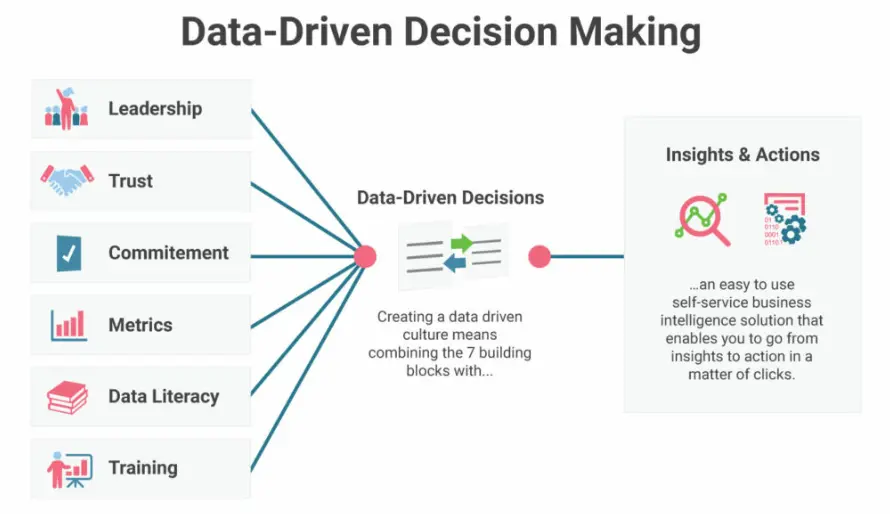
A customer database system empowers businesses to make informed decisions based on comprehensive customer data.
Identifying Sales Trends
By analyzing customer purchasing patterns and preferences, businesses can identify sales trends and adjust their strategies accordingly. This can enable them to maximize sales opportunities and increase revenue.
Measuring Marketing ROI
Businesses can measure the effectiveness of their marketing initiatives through their customer database system, optimizing their marketing efforts and maximizing their return on investment.
5. Operational Efficiency
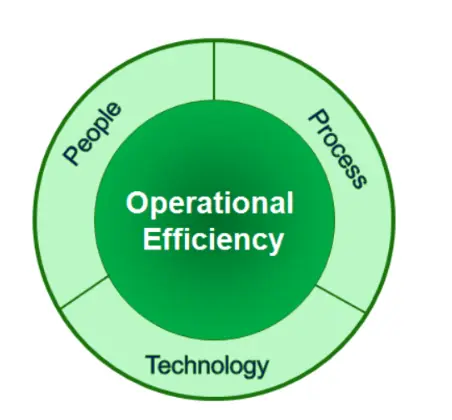
Operational efficiency is critical for businesses to maintain a competitive edge, and a customer database system can significantly contribute to achieving this goal.
Streamlined Sales Processes
By utilizing their customer database system to access customer information and preferences, businesses can streamline their sales processes, leading to quicker and more effective sales interactions.
Improved Inventory Management
A customer database system can facilitate better inventory management by providing insights into customer demand and preferences, allowing businesses to optimize their product offerings and stock levels.
6. Increased Customer Retention
Another benefit of a customer database system is improved customer retention.
Building Customer Loyalty
By providing personalized experiences and tailored services, businesses can create stronger, more loyal relationships with their customers.
Handling Customer Complaints Effectively
A customer database system can also facilitate more effective handling of customer complaints. With access to customer support history and preferences, businesses can resolve issues more efficiently and effectively, improving customer satisfaction and loyalty.
7. Competitive Advantage
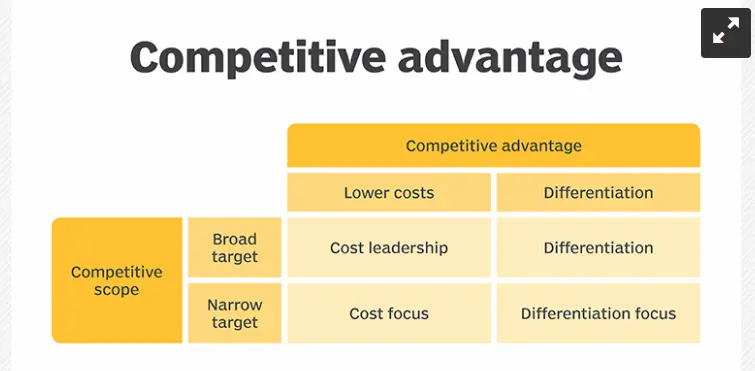
A customer database system can provide businesses with a significant competitive advantage.
Gaining Insights into Market Trends
By analyzing customer data stored in the system, businesses can gain valuable insights into market trends and adjust their strategies accordingly.
Outperforming Competitors
With access to detailed customer data and personalized interactions, businesses can outperform their competitors, leading to increased market share and revenue.
8. Improved Marketing Effectiveness
A customer database system can significantly improve a business's marketing effectiveness.
Precision Marketing
By targeting specific customer segments and preferences with personalized marketing messages, businesses can improve the effectiveness of their marketing initiatives.
Campaign Optimization
By analyzing marketing data stored in the system, businesses can optimize their marketing campaigns, resulting in higher response rates and increased revenue.
9. Better Customer Service
A customer database system can significantly enhance a business's customer service capabilities.
Faster Response Times
By streamlining customer support operations and providing personalized support, businesses can improve response times, leading to higher levels of customer satisfaction.
Proactive Issue Resolution
With a customer database system, businesses can identify potential issues before they occur and take proactive steps to prevent them, further enhancing customer satisfaction and loyalty.
10. Cost Reduction

Finally, a customer database system can help businesses reduce costs.
Reduced Marketing Expenses
By optimizing marketing campaigns and targeting specific customer segments, businesses can reduce their marketing expenses, increasing their return on investment.
Increased Efficiency
By streamlining sales and customer support processes, businesses can improve their operational efficiency, reducing costs and increasing revenue.
Implementing a Customer Database System
In today's competitive business landscape, implementing a robust customer database system is crucial for businesses looking to enhance their customer management practices and drive growth. Let's explore the key considerations involved in choosing the right customer database system, ensuring data security and privacy, and integrating a chatbot seamlessly.
Integration with Existing Systems
Ensure that the customer database system you choose can easily integrate with your existing systems, such as CRM platforms etc. This integration will streamline data flow across different systems and build a cohesive customer experience across all touchpoints.
Protecting Customer Information
Implement robust security measures, such as encryption protocols, access controls, and regular data backups, to protect customer information stored in the database. Limit access to sensitive data only to authorized personnel and regularly audit system security to identify any potential vulnerabilities.
Compliance with Data Protection Regulations
Ensure that your customer database system complies with data protection regulations, such as GDPR, CCPA, and other relevant laws. Obtain necessary consent from customers before storing their data, and provide them with options to manage their privacy preferences. Try to Regularly audit your data handling techniques to ensure compliance with evolving data protection regulations in the country.
Conclusion
In conclusion, implementing a customer database system is vital for businesses to thrive in today's competitive landscape. From enhanced customer understanding and improved customer relationships to increased sales and revenue, the benefits are too good to be ignored. A centralized database system will act as a repository of knowledge that you can use for your business growth, lead generation and cost-cutting.
By choosing the right system, ensuring data security and privacy, and integrating a chatbot seamlessly, businesses can unlock the full potential of their customer database system. You can check out BotPenguin's easy-to-use and cost-effective plan including the free trial to test the waters and make an informed decision.
Frequently Asked Questions (FAQs)
How can a customer database system help businesses save time and reduce costs?
By automating routine tasks such as data entry and customer communication, a customer database system can save businesses time and reduce operational costs, allowing employees to focus on higher-value activities such as analysis and strategy development.
What are the key features to look for in a customer database system?
Key features to look for in a customer database system include data import/export capabilities, customization options, integration with other software systems, analytics and reporting functionality, and data security features to ensure customer privacy and compliance with regulations.
Can customer database systems be integrated with other business software systems?
Yes, many customer database systems can be integrated with other business software systems, such as CRM software, marketing automation software, and accounting software, to provide comprehensive insights into customer behavior that can drive sales and revenue growth.
What are the risks associated with implementing a customer database system?
The key risks associated with implementing a customer database system include data security and privacy issues, data quality issues, and the potential for the system to become outdated or obsolete over time.
How can businesses ensure that customer data is accurate and up-to-date in a customer database system?
To ensure that customer data is accurate and up-to-date in a customer database system, businesses should implement strict data quality controls, such as regular data cleansing and verification procedures, and provide customers with easy ways to update their information.
